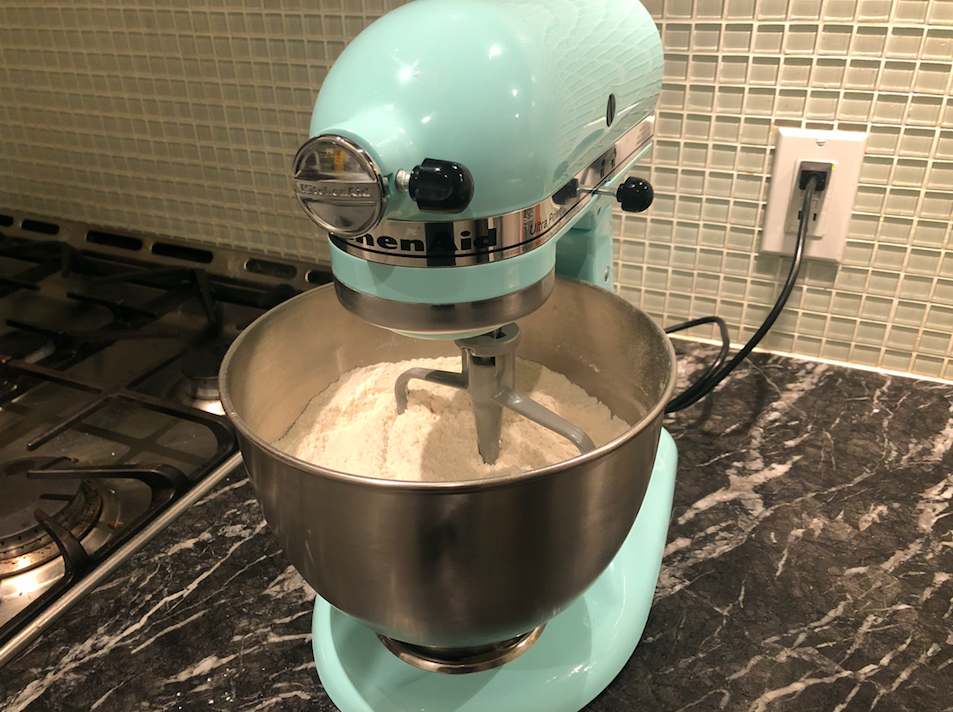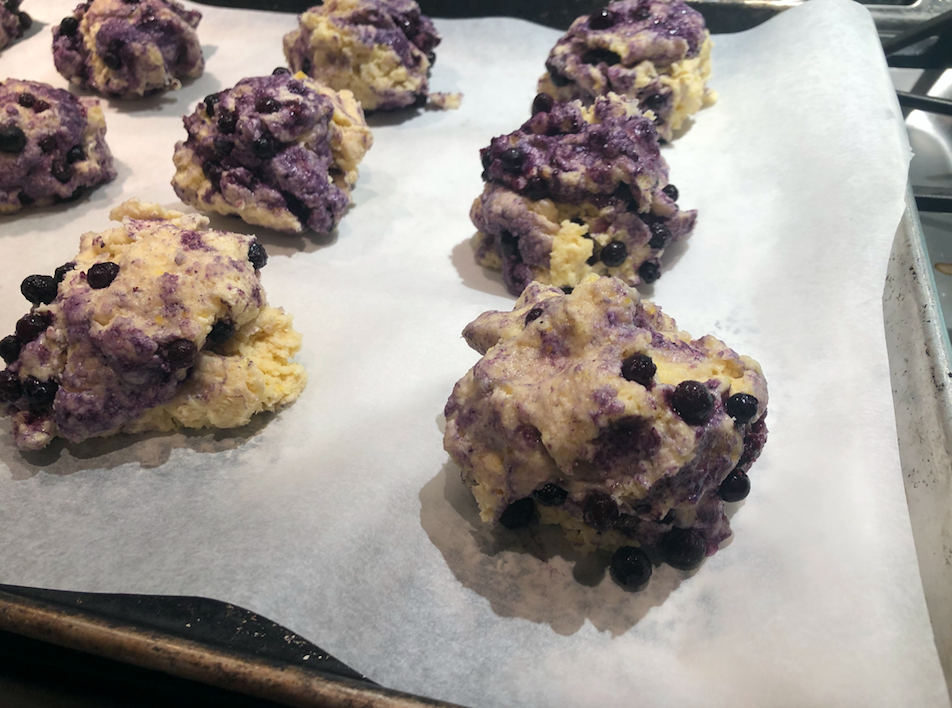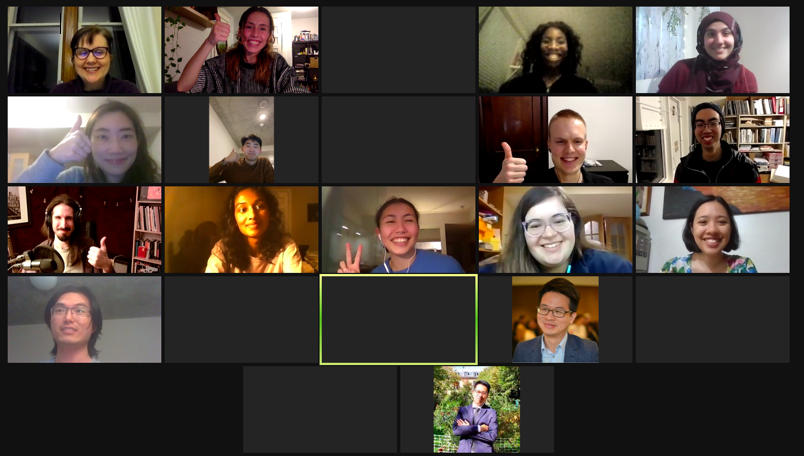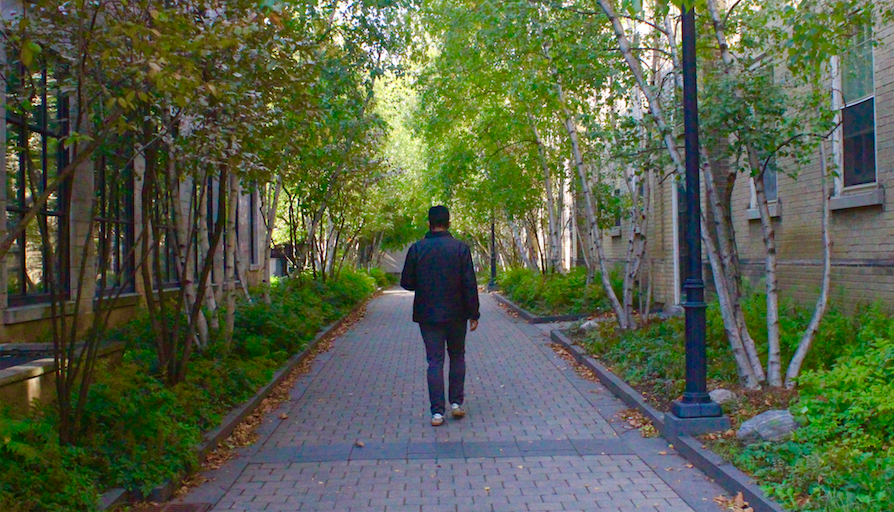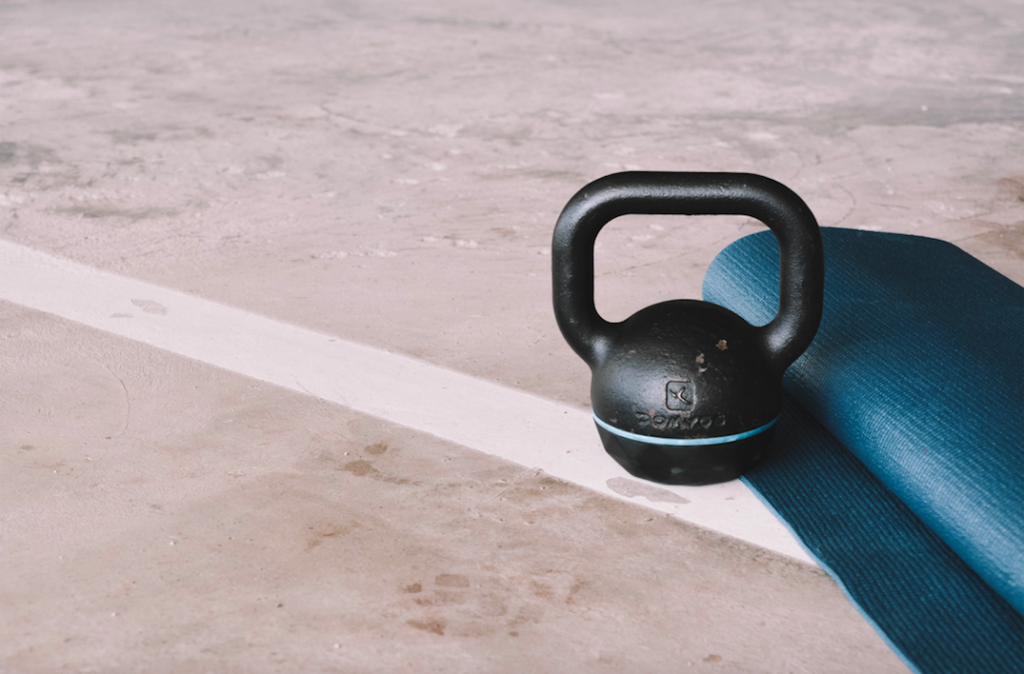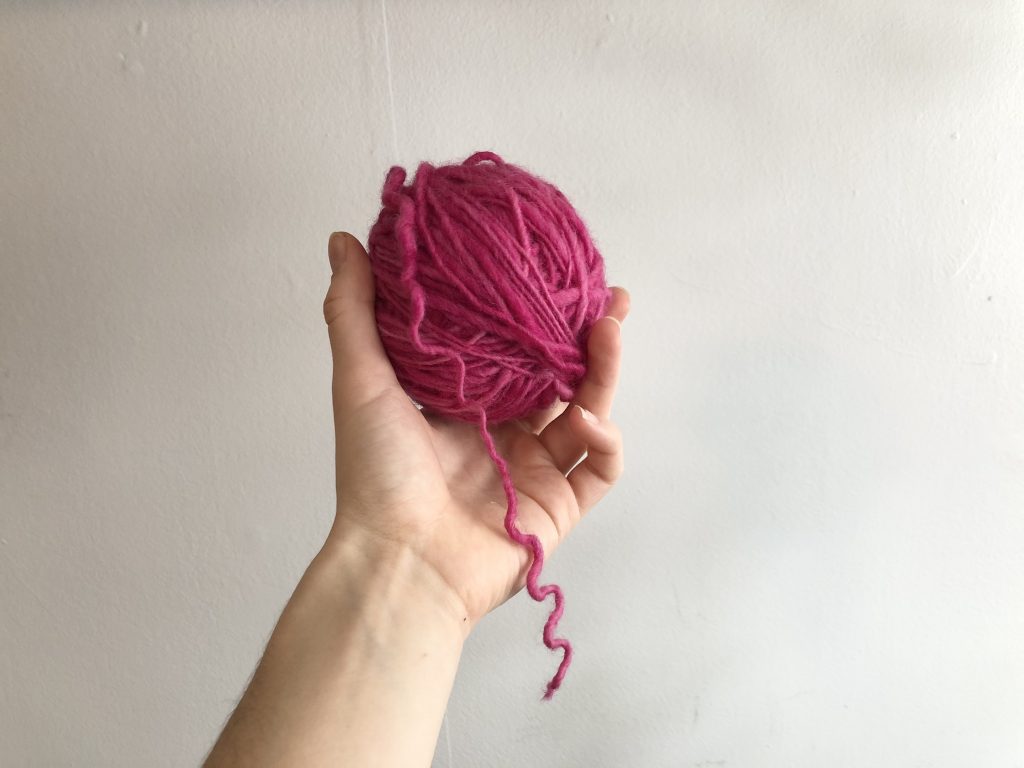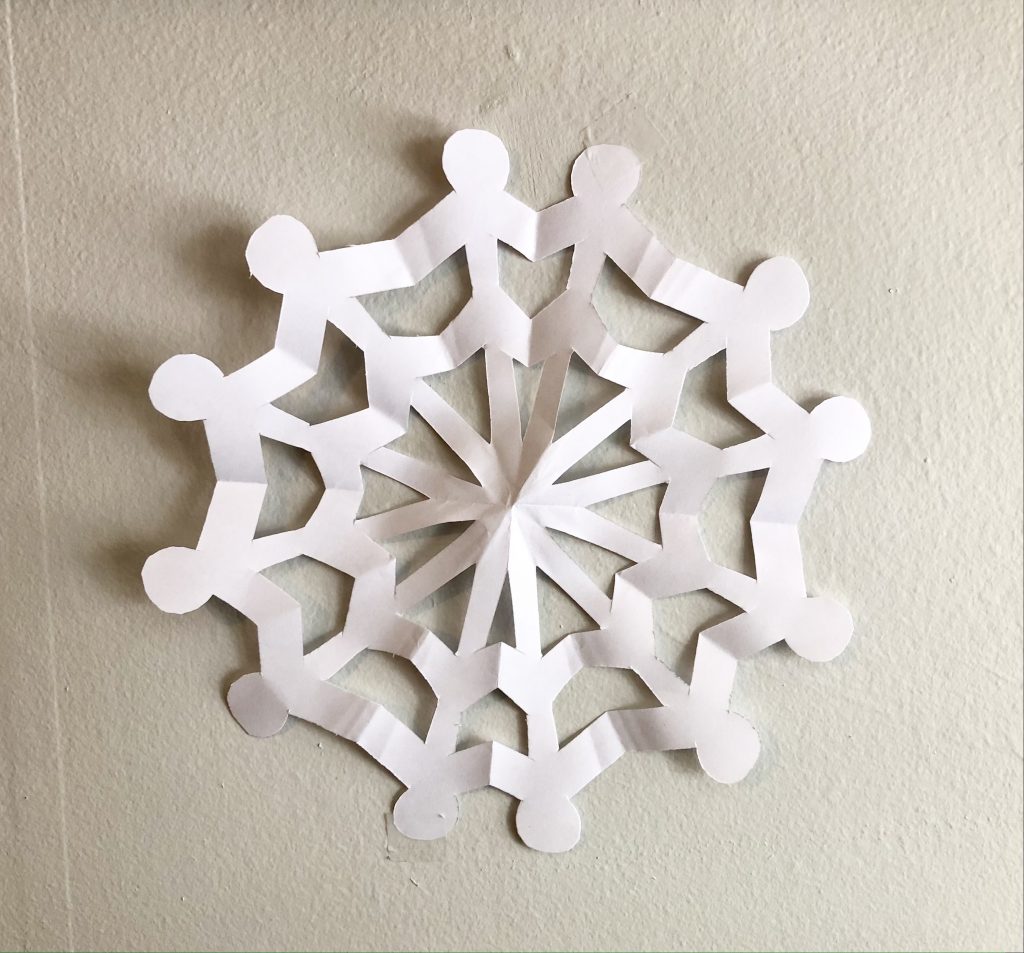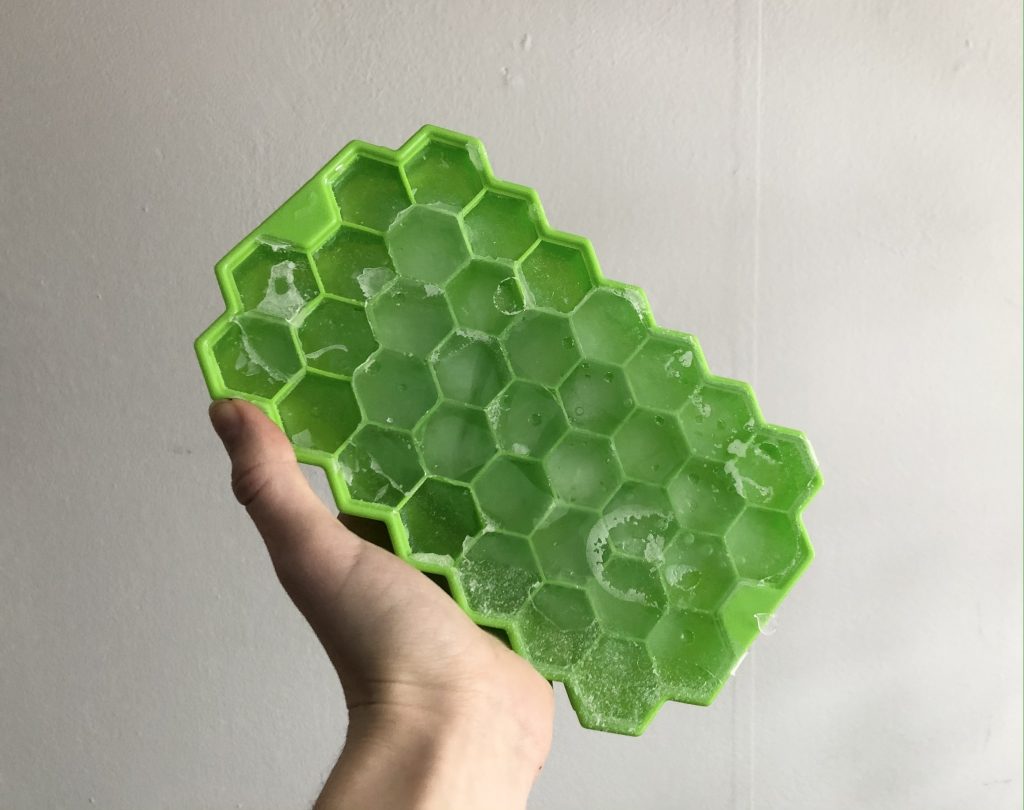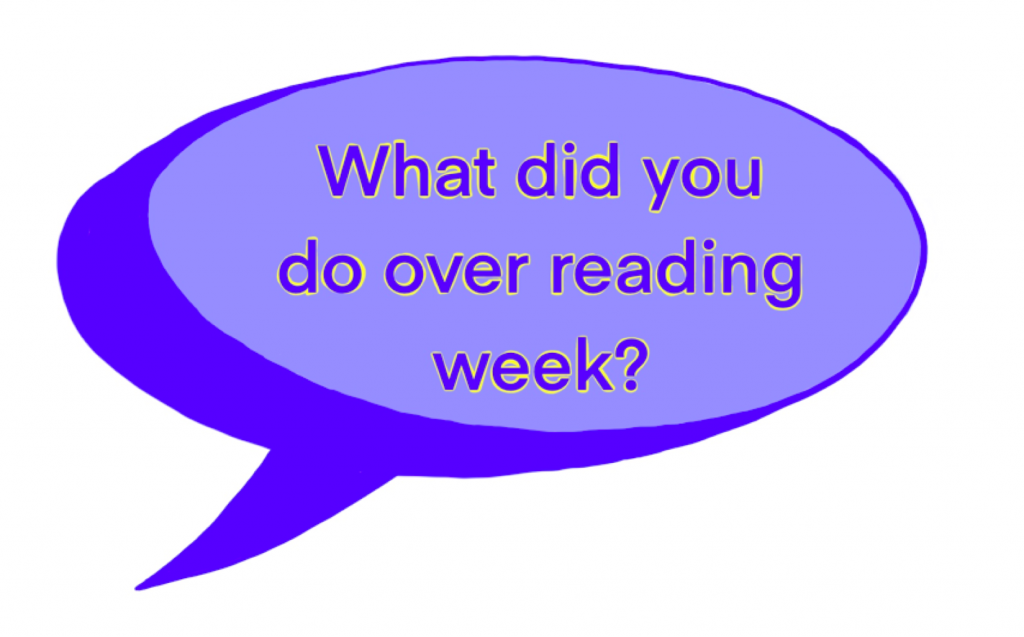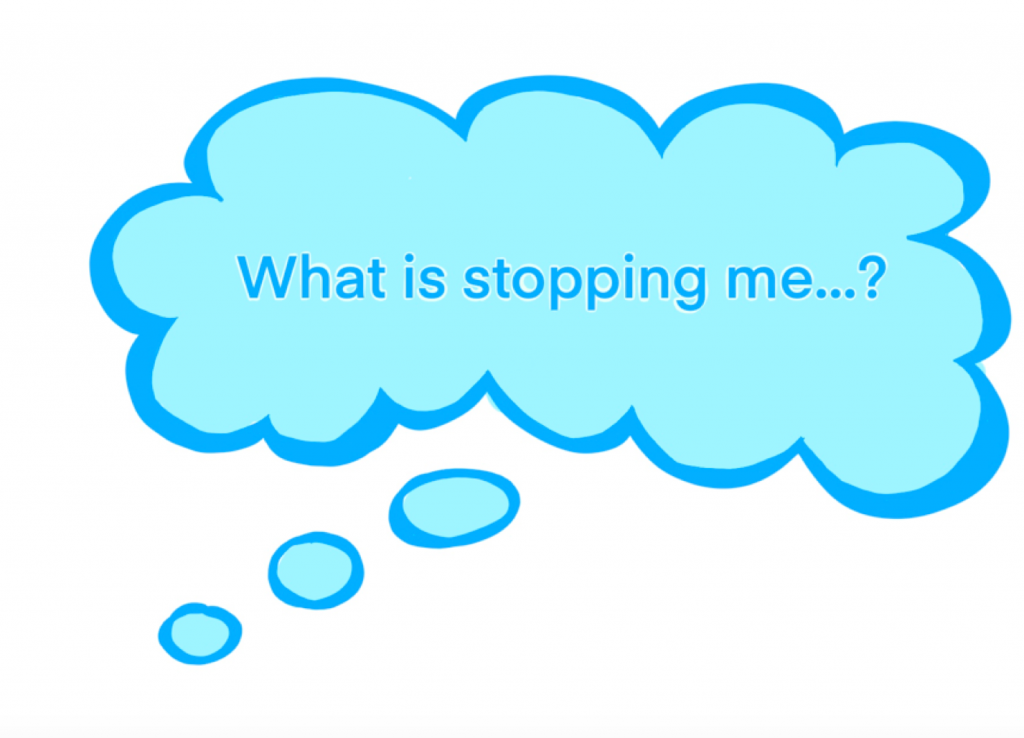April 13th, 2021
This year’s Gradlife highlights
By: Georgia Maxwell, Gradlife Ambassador
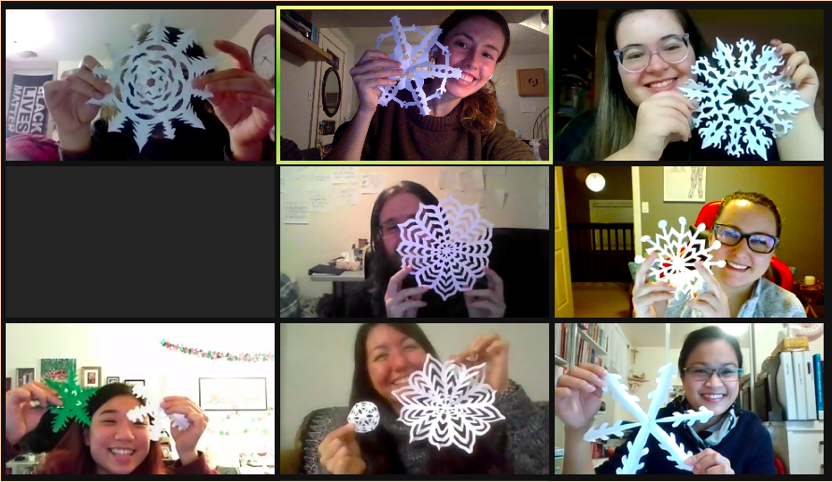
It’s hard to believe that I’m already writing my last Gradlife post–it feels like just yesterday that I started my MA, and now suddenly it’s April! While this year has not been, well you know, I had such a fabulous time being the Gradlife Ambassador and I’m so sad that this is my last week. For my final (!!!) post, I thought I’d sign off with some of the year’s highlights so that I can reminisce for a bit before returning to my mountain of half finished essays.
1. Our Fabulous Grad Escapes
For those who attended some of our Grad Escapes, it’s probably no surprise that this is first on my list. This year I had the great pleasure of running a ton of super fun events, including Virtual Games Nights, Doodle Nights, Snowflake Nights, Recipe Shares, and of course, the infamous Coffee and Crafts. Every single event was so much fun and such a success, and I wanted to thank all the wonderful grads who came out and participated, and especially those who kept coming back. I felt super lucky that I got to run fun events and just hang out with people for my job, and I think this is what I’m going to miss most about being the Gradlife Ambassador.
Sad the Grad Escapes are over? Wish you’d gotten to try one? Well have no fear–more will be running throughout the summer, so stay tuned! Want to make sure you’re up to date on all our events? Why don’t you join our facebook group.
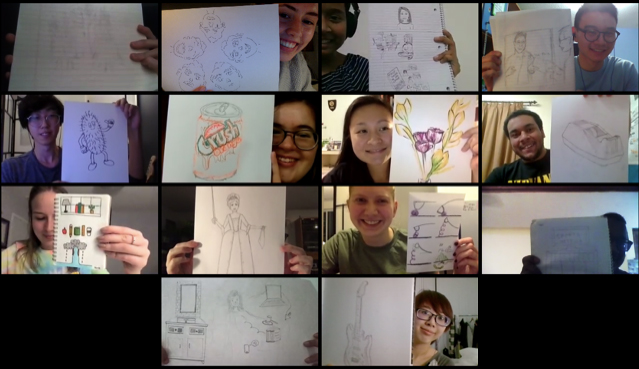
2. The Gradlife Blog
This is my first time ever running a blog, and I will admit I was nervous when I started out. There’s something a bit frightening about writing stuff that anyone can read, even if it’s for your job. Once I got over this fear, however, I started to have a ton of fun writing these posts, and I really enjoyed having this creative outlet and being in charge of spreading the Gradlife news to everyone! I especially enjoyed the interviews I did for a couple of bonus blog editions. For those of you who haven’t read my earlier posts, I’ve linked my top 3 favourites in case you want to have a bit of a procrastination read:
- My favourite 10 breaks that take under 10 minutes
- From PhD to TD: One alumni’s journey from academia to industry
- Finding (and keeping!) Focus

3. Our Grad Week
I wrote about our Grad Week a little while ago, but I wanted to talk about it again for those who missed it. As the Gradlife Ambassador, I helped to plan and facilitate this year’s Grad Week: Optimize Your Graduate Student Experience. The theme for this year was Connect and Thrive as You Work Remotely, and we put on a ton of really great events that helped students learn how to effectively lead teams, cope through poetry, and find community. Not only was learning how to plan and execute a whole week’s worth of events a super interesting experience, but I got to meet so many cool grad students whom I never would have gotten the chance to connect with otherwise! If you missed this year’s Grad Week, I highly suggest you come out next year, it will definitely be worth your while.
It took a lot of will power to limit myself to only 3 highlights, since there are just so many great things I got to be a part of this year as the Gradlife Ambassador. To everyone who attended our events, thank you so much for coming out and making every session such a success; it was such a pleasure to get to know you. For those of you who read my blogs, I hope you got some use out of my posts, and maybe even chuckled at some of my puns. Being the Gradlife Ambassador was the highlight of my Grad School experience, and I’m looking forward to attending some of the summer events and meeting the next Gradlife Ambassador!
That being said, if you want to be the next Gradlife Ambassador, the summer work-study posting will go live on CLNx on April 19th and close on April 25th! If you love everything Gradlife and want to get involved in a meaningful way, this is the job for you!




